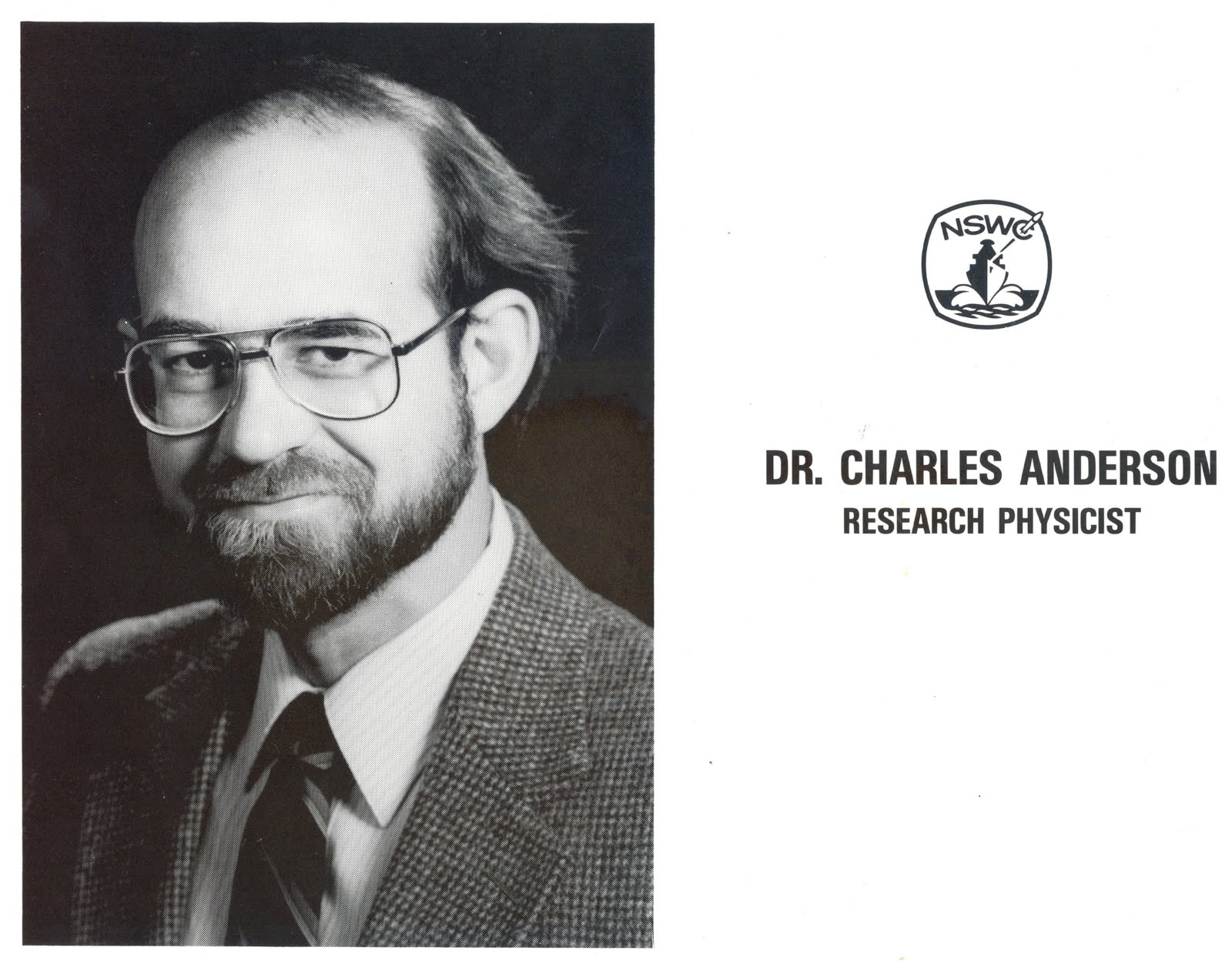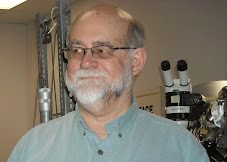In fact, adding CO2 to the atmosphere has no such consequences. As I have shown in my article, Do IR-Absorbing Gases Warm or Cool the Earth's Surface?, published in the book Slaying the Sky Dragon - Death of the Greenhouse Gas Theory, adding CO2 and methane to the atmosphere actually cools the surface of the Earth during the daylight hours and that cooling exceeds any possible warming during sunlight-deficient times of the day. CO2 and similar greenhouse gases moderate the Earth's temperature variations between day and night, which is generally not a hardship creating effect. This moderation of the daily temperature range is observed and is among the many failures of the CO2 warming computer models.
Despite this reality, The Economist lead commentary hysterically claims that:
Even if the currently moderate pace of emissions reduction steps up, the likelihood is that the Earth will be at least 3C warmer at the end of this century than it was at the start of the industrial revolution; less warming is possible, but so is more, and quicker. Heatwaves that now set records will become commonplace. Ecosystems will find themselves subject to climates far removed from those they evolved in, endangering many species. Rain will fall harder in the places where it falls today, increasing flooding; but in places already prone to drought things will by and large get drier, sometimes to the point of desertification. Ice will vanish from Arctic summers and some mountaintops, permafrost will become impermanent, sea levels will keep rising.Now logically the first sentence in The Economist statement is true. It is actually a statement with no content, except its clear intent to frighten. Yes, the temperature may possibly go up by a few degrees, or maybe it will not. What is more, the start of the Industrial Revolution was also essentially the end of the Little Ice Age, a time which was certainly cooler than other warmer periods such as the Medieval Warm Period, the Roman Warm Period, and the Minoan-Mycenaean Warm Period. In any period of about 150 years, heatwaves will set records, even in an Ice Age. Species that have evolved over hundreds of thousands of years and even tens of millions years are not so fragile as to actually disappear due to a temperature increase much smaller than that since the last Ice Age. Not surprisingly, ice coverage is down and sea levels are up since the end of the Little Ice Age. Arctic ice melts during the warmest part of the summer day, which is when increased atmospheric CO2 absorbs more incoming solar radiation in the atmosphere well above the sea surface and therefore cools the arctic ice surface. This Economist diatribe is all sound and fury.
The article itself talks about a 40% increase in atmospheric CO2 concentrations and a 0.7C temperature increase in the last century. It does not note that CO2 atmospheric concentrations generally do increase whenever the oceans warm since they evolve large amounts of CO2 then. It notes that the International Energy Agency (IEA) says our use of fossil fuels will cause a temperature increase of 3.5C by 2100. It notes that the IEA says the reduction in carbon per unit of GDP was 1.4% in the last decade, but if the temperature is not to rise more than 2C, it will have to decline at a rate of 2.8% this decade and from 2020 to 2035 it will have to decline by 5.5%. It is finally dawning on many who think that greenhouse gas emissions are a big problem that their theory requires declines so severe that they are very unlikely to happen. The article then completes a picture of direful consequences, before another interesting admission pops up:
It is tempting to imagine that adaptation decisions might wait for models that can provide greater certainty about what might happen where. This is a forlorn hope. Faster computers and new modelling techniques might well provide more details and finer distinctions. But they will not necessarily be more accurate, or capable of being shown to be so: if different models become more precise and as a result their disagreements grow rather than shrink, which are you going to trust? Decisions about adaptation will be made in conditions of pervasive uncertainty. So the trick will be to find ways of adapting to many possible future climates, not to tailor expectations to one future in particular.This actually admits that the over 20 climate models they have referred to earlier do not have a very useful predictive capability. In fact, it has been observed, consistent with CO2 causing daylight cooling and night warming, that the daily temperature range is contracting and these computer models based on CO2 causing net warming do not yield that as a result! They have the basic physics wrong and they have no predictive capability, In fact, CO2 concentrations have continued to rise in the last 12 years, but the temperature has not continued to rise. Yes, the highly tampered with ground surface temperature record shows the temperatures staying about constant, but the ocean temperature record, which covers much more of the Earth, is less tampered with, and is not affected by the urban heat island effect is now showing some cooling.
The article then discusses how man can adapt to the climate changes they are predicting. It turns out that the adaptations they suggest do not seem so tough. They certainly seem a lot easier than cutting way back on fossil fuel use. In fact, they advocate the desirability of becoming richer, not poorer, so we will have more adaptability options. What is more, there is little need to act before any climate problems actually begin to appear. Interesting. That is exactly what man has always done. He has adapted to the many natural climate changes he has been faced with over hundreds of thousands of years and during the last 2,500 years which are pretty much in the historical record.































































No comments:
Post a Comment